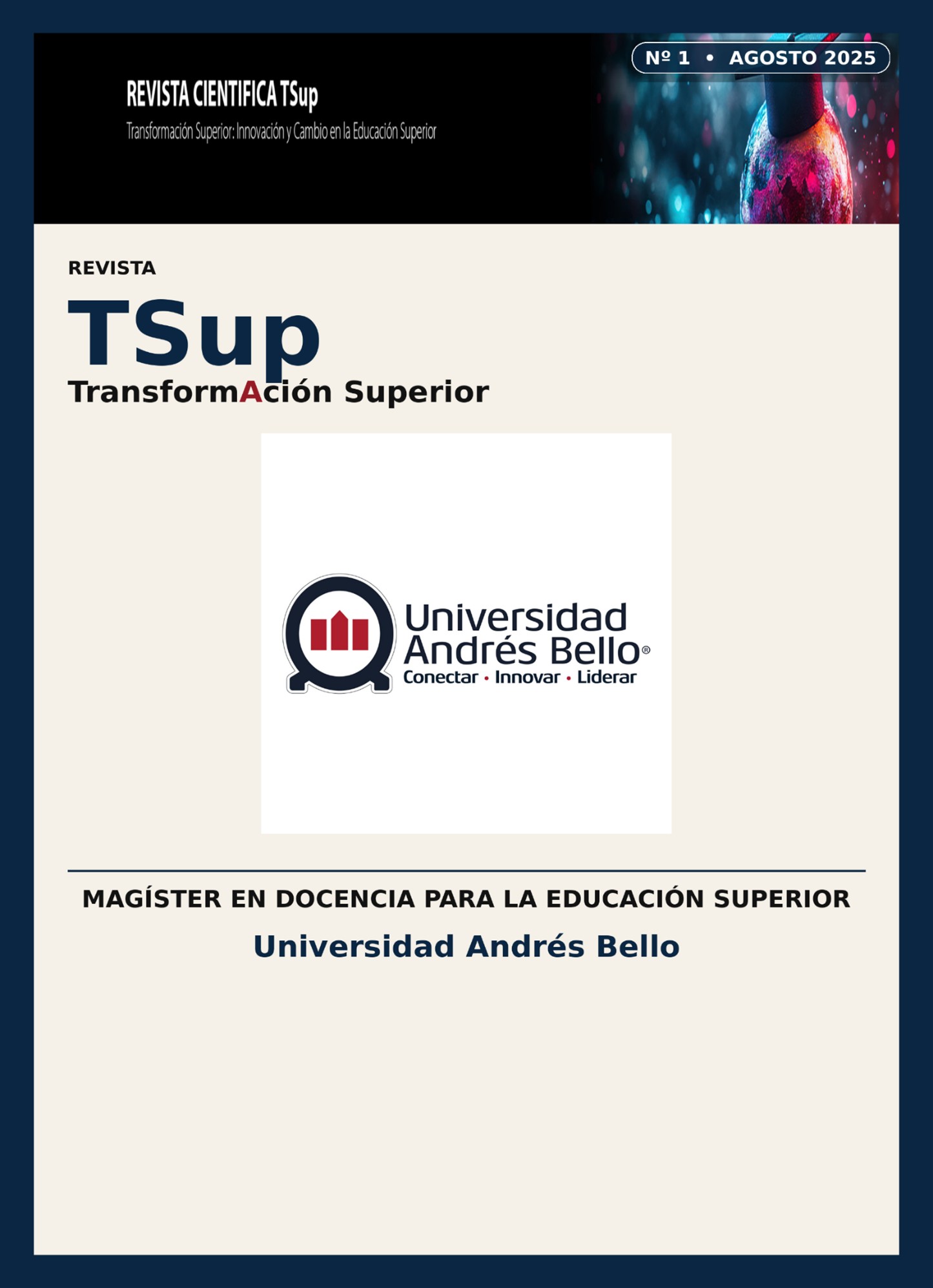Higher Education in Transition: Reflective Insights into the Potential of the Hybrid University in Chile
DOI:
https://doi.org/10.53382/issn.2810-7977.14Keywords:
higher education, hybrid modality, educational innovationAbstract
This study aims to analyze the potential of higher education in a hybrid modality in Chile, in a context of educational transition marked by the integration of digital technologies and changing social demands. The central critical issue is to identify how the hybrid modality can address challenges related to access, quality, and relevance within the Chilean university system, also considering the limitations and obstacles to its effective implementation. The justification lies in the need to understand the opportunities and limitations of this modality in a country undergoing modernization and academic diversification. The central topics include the evolution of hybrid education in Chile, the perceptions of students and faculty, and the challenges associated with its effective adoption. The methodology involves a literature review grounded in recent academic literature, adopting a descriptive and narrative approach to analyze and contextualize the findings. A relevant finding is that implementing hybrid education can enhance access to higher education, especially in remote areas, provided there is adequate infrastructure and teacher training. In conclusion, the hybrid modality has great potential to transform the Chilean university system, but it requires integrated and sustainable policies.
Downloads
Downloads
Published
Issue
Section
License
Copyright (c) 2025 Revista Transformación Superior Transup

This work is licensed under a Creative Commons Attribution-NonCommercial-ShareAlike 4.0 International License.


